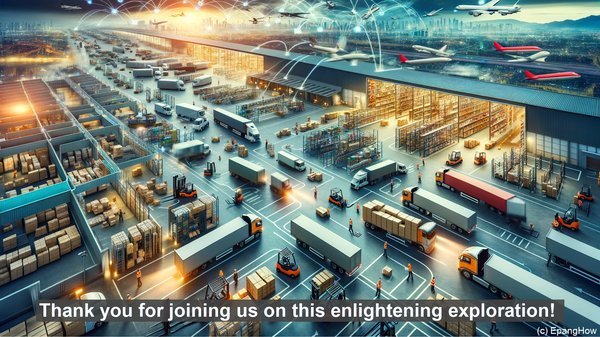Introduction: The Dual Pillars of Success
Greetings, audience! Today, we embark on a journey to unravel the intricacies of social capital and human capital. These two pillars play a pivotal role in shaping individuals, communities, and even entire societies. While they may seem similar at first glance, a closer examination reveals their distinctive features. Let’s dive in!
Defining Human Capital: The Power of Knowledge and Skills
Human capital refers to the knowledge, skills, and expertise possessed by individuals. It encompasses both formal education and practical experiences. Think of it as the ‘know-how’ that individuals bring to the table. Human capital is a result of investments made in education, training, and personal development. It is highly transferable and can be leveraged in various contexts, making it a valuable asset in the professional world.
Unpacking Social Capital: Networks and Relationships
On the other hand, social capital revolves around the networks, relationships, and social connections an individual has. It encompasses both personal and professional ties. Social capital is built through interactions, collaborations, and the establishment of trust. It is often seen as a resource that can be tapped into for various purposes, such as job opportunities, information sharing, and even emotional support.

The Overlapping Realms: Where Human and Social Capital Converge
While human capital and social capital have their distinct domains, there are instances where they intersect. For example, a professional with a vast network can leverage their social capital to access new learning opportunities or career advancements. Similarly, someone with a strong skill set can contribute effectively to team projects, thereby enhancing the social capital of the group. Recognizing and harnessing these overlaps can lead to enhanced outcomes in both personal and professional spheres.
Applications in Diverse Settings: From Business to Community Development
The significance of social and human capital extends beyond individual contexts. In the business world, organizations with a robust social capital can tap into a wider pool of resources, ideas, and partnerships. On the other hand, those with a workforce rich in human capital can drive innovation and productivity. In community development, social capital plays a crucial role in fostering cohesion, collective action, and resilience. Both these forms of capital, therefore, have far-reaching implications.

